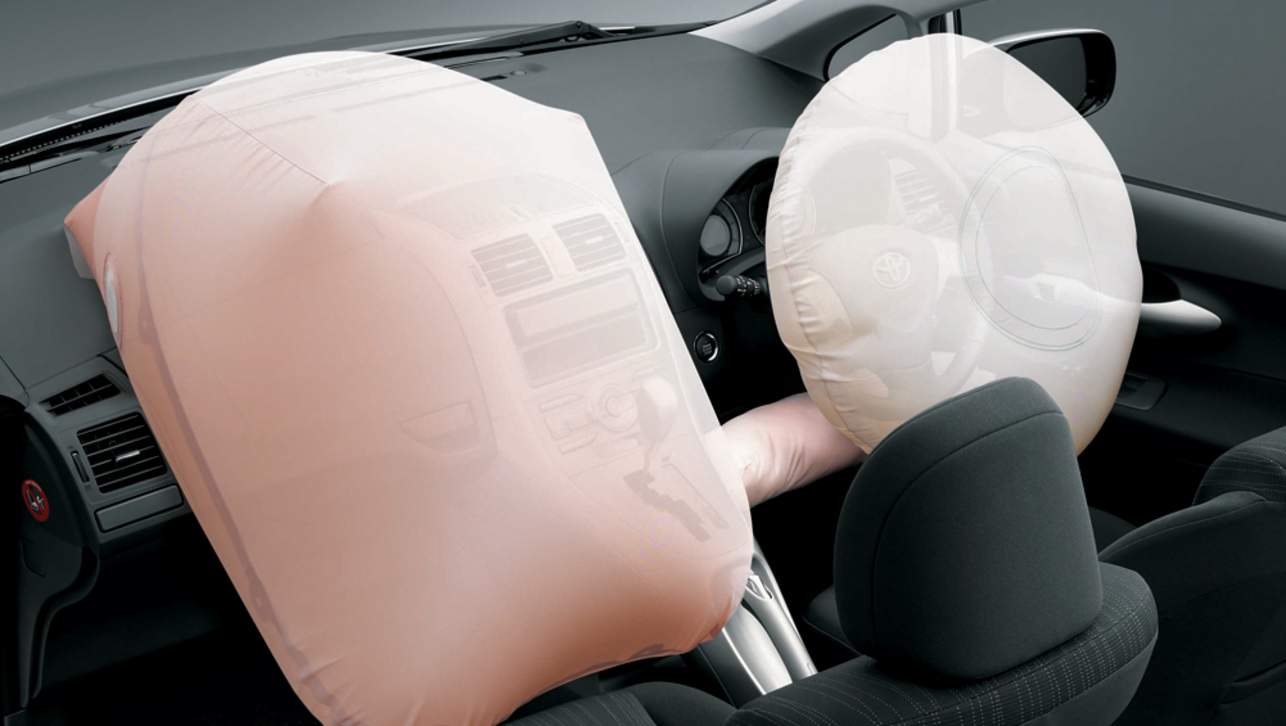The Australian government has issued a compulsory recall of 2.3 million vehicles affected by faulty Takata airbags based on information provided from the Australian Competition and Consumer Commission (ACCC).
Until now, only 16 manufacturers have issued voluntary recalls of 2.7 million vehicles – of which 1.7 million have been repaired since the call backs began in 2009 for a completion rate of around 63 per cent.
However, the ACCC believes more can be done to repair the deadly Takata airbag fault that has claimed one Australian life and 22 others worldwide.
Some manufacturers, including Mitsubishi and Honda, have voiced frustrations over customer apathy towards repairing their vehicles.
Another nine carmakers will be forced to recall 1.3 million vehicles which, in addition to the remaining one million still outstanding in the voluntary call backs, now brings the total cars in need of repair to 2.3 million by the end of 2020.
New car brands added to the Takata recall list include Ford, Holden, Mercedes-Benz, Tesla, Jaguar, Land Rover, Volkswagen, Audi and Skoda, although specific models have yet to be revealed.
Despite airbags from these manufacturers also coming from Takata factories, they have argued that the units in use were made to higher quality levels than the dangerous ones being recalled.
Manufacturers that have participated in voluntary Takata recalls include BMW, Chevrolet, Chrysler, Dodge, Ferrari, GMC, Honda, Jeep, Lexus, Mazda, Mitsubishi, Nissan, Subaru, Toyota, Volvo and Hino Trucks.
The fault in Takata-manufactured airbags could see the propellant degrade over time and with a build-up of moisture that can, in the event of a crash, misdeploy and expel metal shrapnel into the vehicle cabin.
No penalties have yet been announced by the government for manufacturers who do not comply with the mandatory recall.
Some manufacturers, including Mitsubishi and Honda, have voiced frustrations over customer apathy towards repairing their vehicles despite numerous communication attempts.
Mitsubishi took out advertisement space in national newspapers earlier this week imploring customers to have their vehicles fixed, while Honda has pushed for affected cars to be banned from Australian roads.
Assistant minister to the treasurer Michael Sukkar said carmakers could be doing more to fix the faulty Takata airbags that become more dangerous over time.
Up to 25,000 higher-risk 'Alpha' units have also been identified, which have a 50 per cent chance of misdeployment.
"Some manufacturers have not taken satisfactory action to address the serious safety risk which arises after the airbags are more than six years old," he said.
"To ensure a coordinated recall, over the next two years manufacturers will be required to progressively identify their recalls and replace airbags in affected vehicles."
Some manufacturers have replaced at-risk Takata airbags with like-for-like units as a stop-gap measure before permanent-fix components become available, which are also affected in the mandatory call back.
Up to 25,000 higher-risk 'Alpha' units have also been identified, which have a 50 per cent chance of misdeployment, and will be prioritised in the recall.
The ACCC says 'Alpha'-affected vehicles "should not be driven" and manufacturers will need to arrange for them to be towed to a dealership for repair work.
A list of affected vehicles in the voluntary recalls can be found on the ACCC website, while carmakers are also expected to release a list of models in need of repair in the near future.




.jpg)

.jpg)







.jpg)


_0.jpg)


.jpg)






.jpg)

Comments